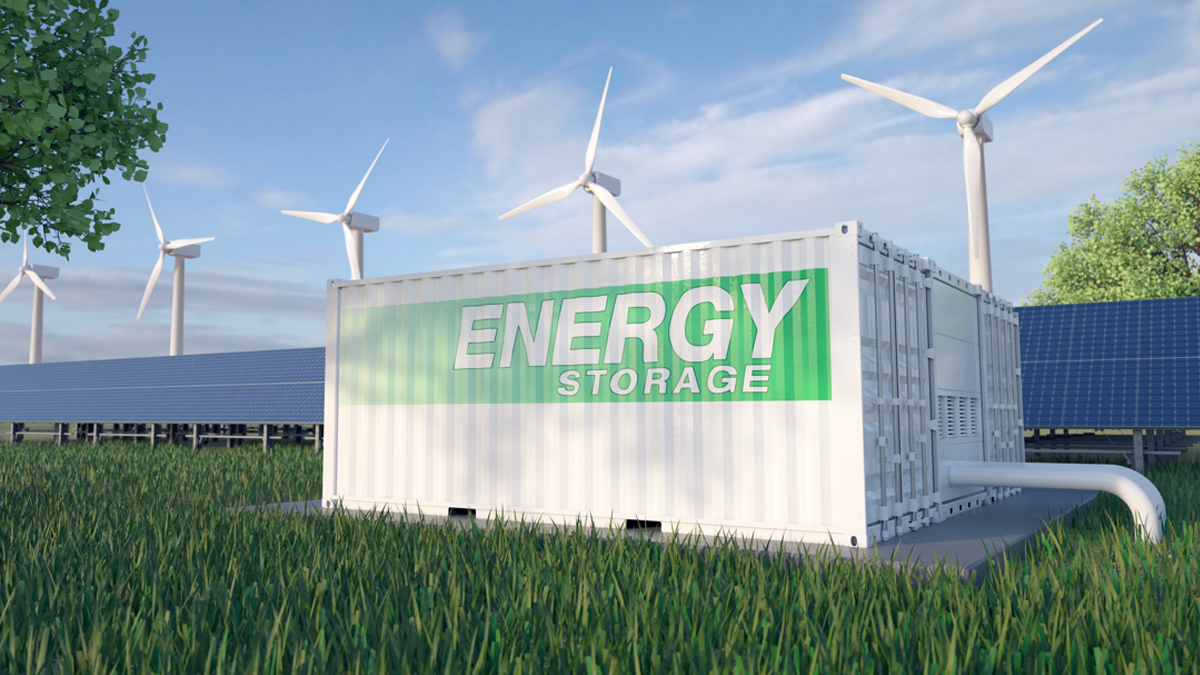Energy Storage Solutions for Agriculture: Enhancing Global Farming Productivity and Sustainability
by Amin Mustafa

The Role of Energy Storage in Modern Agriculture
Agriculture is a highly energy-dependent sector. As the industry adopts more advanced technologies and scales up operations to meet global food demands, it faces an urgent need to transition to cleaner, more reliable energy sources. Integrating energy storage systems (ESS) offers farmers a way to harness renewable energy sources, reduce costs, and secure a steady power supply even in regions with unstable grids. For agriculture, where interruptions in power can lead to crop losses and inefficiencies, ESS is more than just a sustainable choice—it’s a critical investment in productivity and resilience.
Technical Advantages of Energy Storage in Agricultural Operations
- Cost Savings and Energy Efficiency:
- Peak Shaving: ESS allows farms to store energy when rates are lower, using stored energy during peak hours to avoid high utility charges. In many regions, peak energy can cost up to 30-50% more than off-peak energy, representing a significant cost-saving opportunity for energy-intensive agricultural operations.
- Fuel Reduction: Diesel generators are commonly used on farms to ensure power during outages or high-demand periods. However, fuel costs can consume up to 20-30% of an agricultural operation’s budget. Replacing or supplementing generators with ESS can reduce fuel dependency by up to 60%, decreasing both costs and emissions.
- Reduced Energy Loss: By using ESS, farms can store excess renewable energy instead of allowing it to go to waste. Solar or wind systems, for example, may operate at full capacity during certain times but have nowhere to send excess energy if not immediately consumed. Storage systems capture this energy, reducing waste by up to 20% on average.
- Increased Reliability and Continuous Operation:
- Backup Power: ESS can ensure that essential operations—like irrigation, heating, and refrigeration—continue uninterrupted during power outages. For example, in a sudden outage, up to 10% of a refrigerated harvest can spoil, translating to losses that can range from $5,000 to $25,000 per incident, depending on the scale of operations. ESS mitigates this risk, providing backup power to preserve crops and maintain productivity.
- Operational Resilience: Energy storage also helps stabilize power supply from renewable sources like solar or wind, which are variable by nature. In a global context, renewable energy systems paired with ESS can improve operational uptime by 20-30% in agriculture, enhancing efficiency and allowing continuous operation in challenging environments.
- Sustainability and Regulatory Compliance:
- Reducing Carbon Emissions: The adoption of ESS helps farmers meet sustainability targets by reducing greenhouse gas emissions. For instance, transitioning from diesel to ESS can cut emissions by over 50% per acre annually, depending on the fuel source being replaced.
- Alignment with Global Environmental Goals: Many countries provide incentives to adopt renewable energy and storage solutions in agriculture. These include tax breaks, grants, and subsidies, which can cover up to 30-50% of the initial investment in some regions. This financial support not only lowers the barriers to adoption but also aligns farming operations with global environmental goals, such as the Paris Agreement targets.
Economic Impact and Productivity Gains
The cost of ESS has declined significantly, falling over 80% in the last decade due to technological advancements and economies of scale. As a result, agricultural operations can expect a return on investment (ROI) within 5-7 years for most storage systems, depending on the energy requirements and local electricity rates. Additionally, integrating ESS can increase overall productivity by up to 25% by enabling better control over energy use, reducing downtime, and allowing for optimized energy management.
- Return on Investment:
- Long-Term Savings: With a typical ROI between 5 and 7 years, ESS investments often pay off through reduced fuel costs, lower electricity bills, and enhanced operational reliability. These savings directly improve the bottom line, making it an attractive investment for farms of all sizes.
- Productivity Enhancements: Farms utilizing ESS can expect fewer interruptions to their operations. For example, controlled irrigation systems supported by energy storage enable precise water management, which can increase crop yields by up to 15%, depending on the crop type and environmental conditions.
- Scalability for Future Growth:
- Adaptability: As farms expand, ESS can scale with them. Battery systems can be added incrementally, ensuring that energy infrastructure keeps pace with operational growth. This flexibility makes ESS ideal for farming businesses that anticipate scaling up production or adopting additional renewable energy sources in the future.
- Value Addition: Energy storage systems also improve the value of renewable energy installations. For example, a solar array paired with a storage system can increase energy utilization efficiency by 20-30%, making every dollar invested in solar yield higher returns over the system’s lifespan.
How QiOn and Supercool Can Support Agricultural Sustainability and Efficiency
As distributors of QiOn, Supercool offers state-of-the-art energy storage solutions tailored to meet the specific needs of agricultural operations. Our systems provide reliable power, optimize energy use, and support continuous operations. With QiOn's advanced ESS, agricultural businesses can reduce costs, enhance productivity, and contribute to a sustainable future. Our energy storage solutions enable farms to maximize their renewable energy investments and operate more efficiently, regardless of weather conditions or grid stability.
Ready to elevate your agricultural operations with energy storage solutions?
Contact us at Supercool to learn how QiOn’s storage systems can enhance the efficiency, reliability, and sustainability of your farm.
